Sometimes, the task may seem impossible: How can we reverse the massive damage humans have done to the world’s ecosystems? But in Pakistan, researcher Ashiq Ahmed Khan proved that change is possible by saving a pine tree and reviving an ecosystem.
When Khan first visited the rugged Sulaiman Mountains, in 1982, he was there to study the markhor, a near-threatened goat and Pakistan’s national animal.
On his return visit four years later, Khan’s focus shifted from the markhor to the pine forest it called home, which had been decimated by deforestation. “It had been cut,” said Khan. “It was shocking.”
The revelation would lead Khan, 74, to launch a campaign to conserve Balochistan’s mountain forests and one of their most recognizable trees, the Chilghoza pine. When he joined the World Wildlife Fund (WWF) in 1992, it became his mission to protect and restore the forests. He did this in part by helping farmers build irrigation canals, allowing them to grow cash crops, such as wheat, maize and garlic, which provided an income.
Today, some 260km2 of forest is protected, much with the help of residents who were once responsible for felling the trees.
Read the full story here.
Khan’s success is a testament to the ability of communities to band together and revive natural spaces lost to development. And to the importance of nature-based solutions.
This is what the UN Decade on Ecosystem Restoration is all about: making a difference by preventing, halting and reversing ecosystem degradation. As Khan’s story shows, everyone can take part. Each year, the world loses 10 million hectares of forests – an area the size of the Republic of Korea. Replanting those forests is a key part of the UN Decade.





